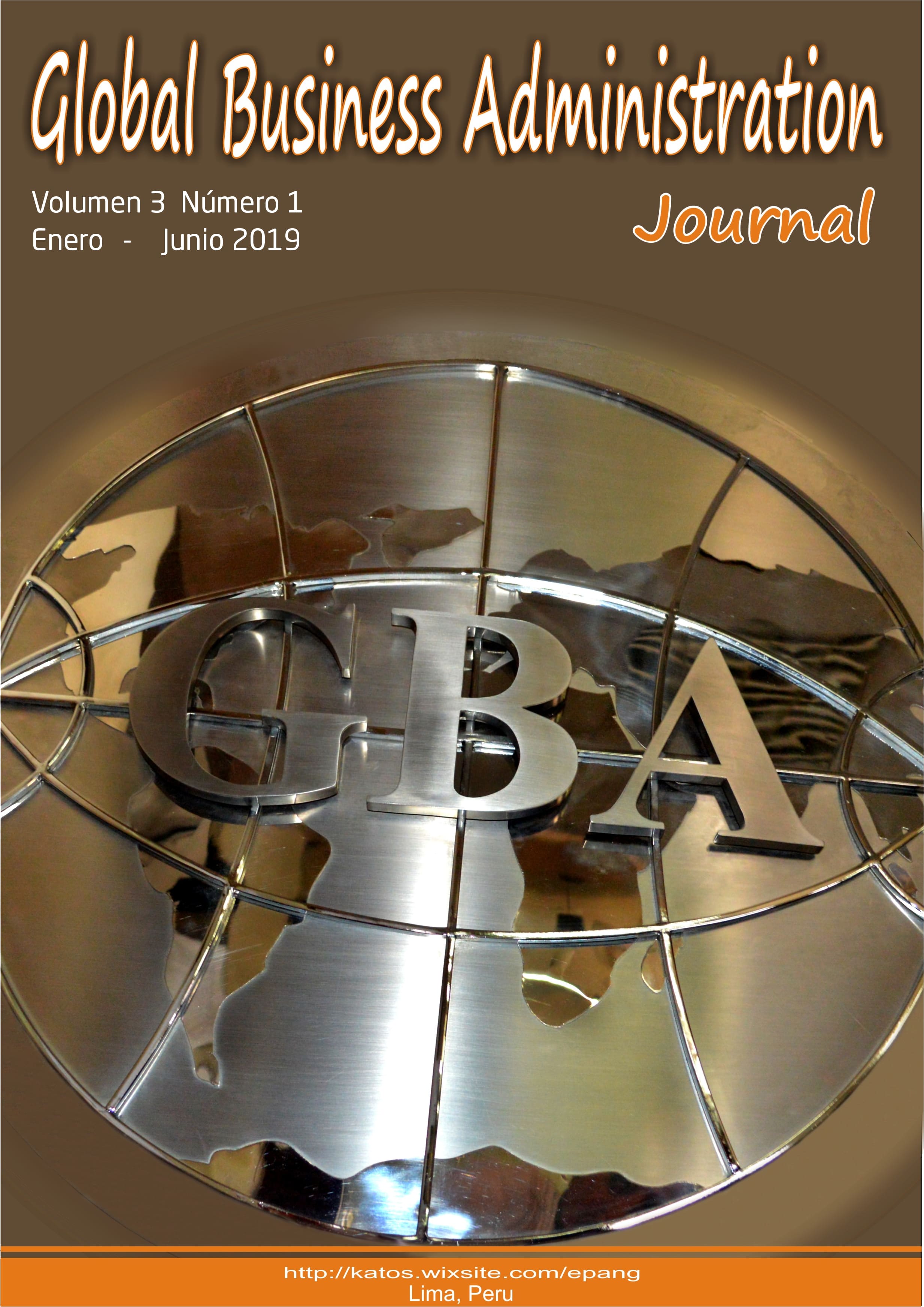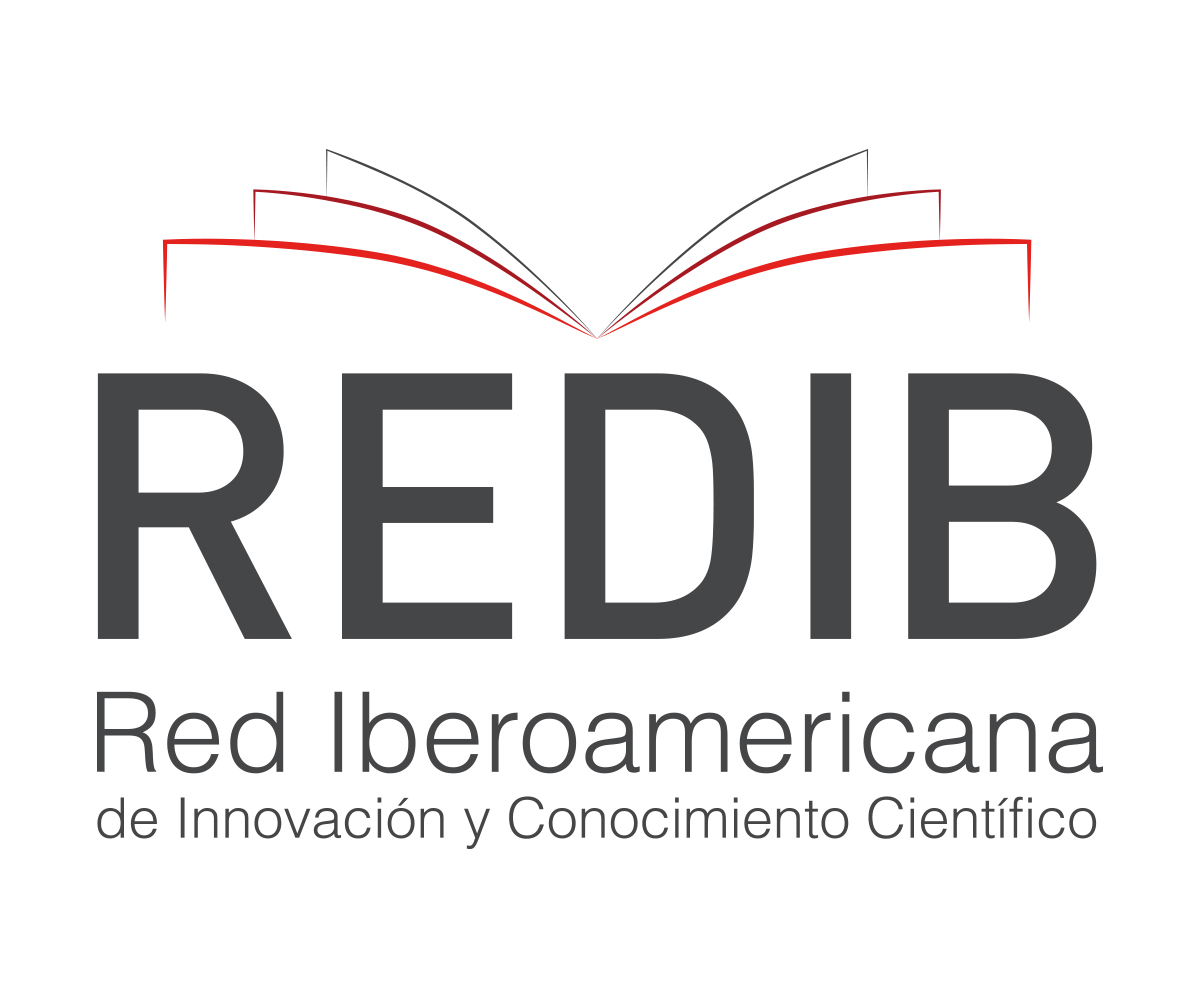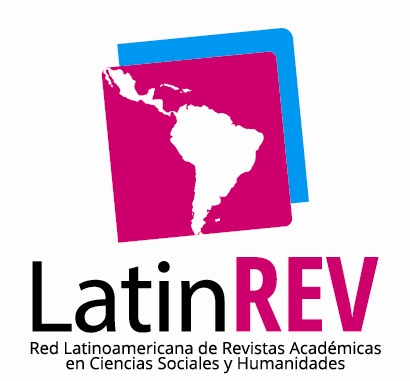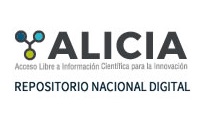Sustainable development and ecological sanitation: options for human settlements in Huaral (Lima, Peru)
DOI:
https://doi.org/10.31381/gbaj.v3i1.2271Keywords:
Wastewater, Sustainable Development, Cost Benefit, Pollution Prevention, Clean Water.Abstract
The Ecological Sanitation –ECOSAN- is a closed system that does not need water, so is an alternative to leach pit toilets in places where water is scarce or where the water table is high and the risk of groundwater contamination is increased. The ECOSAN is based on the principle of recovery and recycling of nutrients from excreta to create a valuable resource for agriculture. When an ECOSAN toilet fills up it is closed and sealed. After about eight to nine months, the feces are completely composted to organic manure and can be used on farms. After a successful use in several parts of the world, Europe, India, Mexico, Argentina, Ecuador, there are some communities in Peru that use these technology every day. Some of these communities have contributed up to 40% of the cost is further proof of the acceptance the technology enjoyed. The research in Huaral, Lima, Perú showed that when ECOSAN would be available in Huaral and be implemented people can use it and the cost benefit economic and social would be viable, because it to get support from the sales of the ECOSAN products and prevent pollution for the water and environment.








